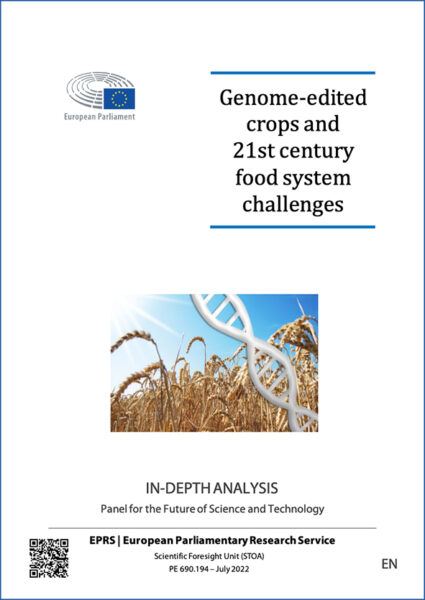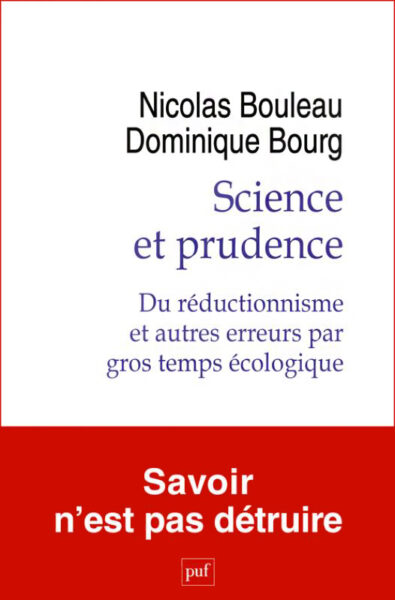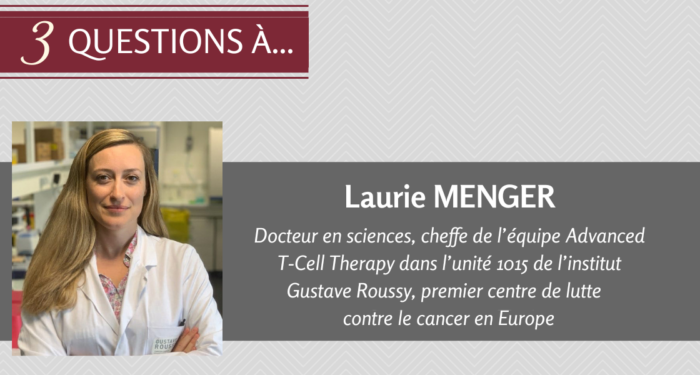Just over a century ago in late 1915, Albert Einstein set out his theory of relativity, which was to revolutionize our understanding of the universe and gravity, and subsequently to have a range of applications in our daily lives. Are such paradigm shifts still possible or conceivable today in physics — and also in biology, genetics etc.? What does scientific research have in store for us in the coming decades? It is questions like these that Pierre Papon seeks, in part, to answer, with arguments drawn from the various contributions to the chapter on “Research, Science and Technologies” in the 2016 Vigie Report, partially updated to take account of more recent developments. From the sciences of matter and the universe to advances in genetics and the neurosciences, by way of the new applications of physics and synthetic biology, he shows the broad fields of study that scientific research is currently focused on, the prospects for these, and the potential breakthroughs that lie a few decades in the future. But he also looks at the underlying social questions raised by the practical applications that might ensue.
Science Moving Toward New Frontiers: Possible Advances and Breakthroughs in Some Scientific Fields by the Years 2030-2050
Journal Article
26 October 2016
1 min.
© Wavebreakmedia / Shutterstock
Cet article fait partie de la revue Futuribles n° 415, nov.-déc. 2016




